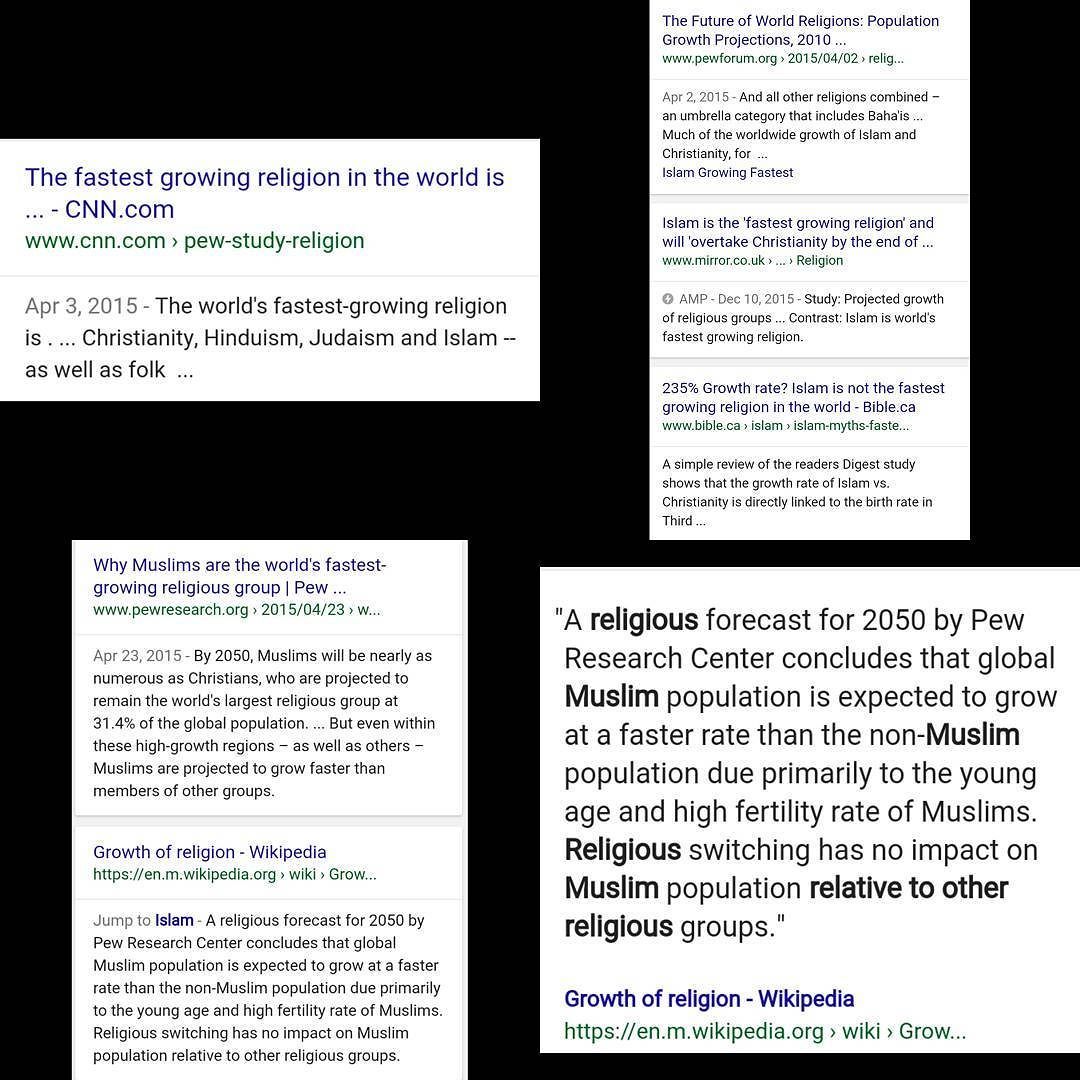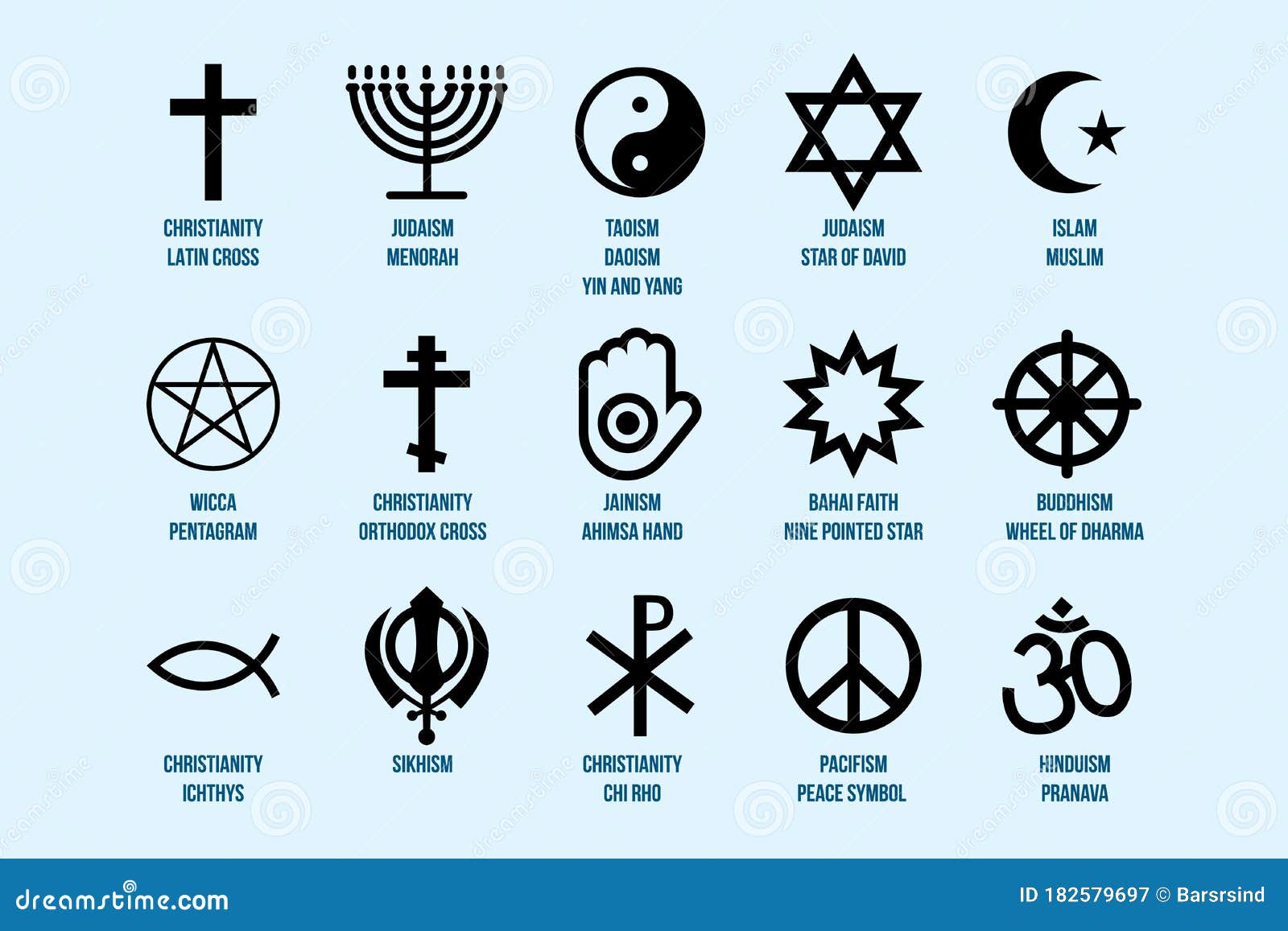Timeless Wisdom: Key Quotations from The Story of the Fisherman in The Arabian Nights
Introduction: The Enduring Relevance of The Story of the Fisherman
Few tales from
The Arabian Nights
resonate as strongly with modern readers as
The Story of the Fisherman
. This narrative, woven into the fabric of one of the world’s most celebrated collections of folk tales, illustrates how wit and perseverance can triumph over adversity. The fisherman, a humble and struggling man, is confronted by supernatural danger and responds not with brute force, but with ingenuity. This article delves deep into the story’s most significant quotations, examines their meaning, and offers actionable guidance for applying these lessons in everyday life.
Understanding the Core Quotations: Lessons in Cleverness and Perseverance
To fully appreciate the enduring wisdom of the tale, it is essential to examine the most impactful quotations and the themes they embody. In particular, the story is often cited for its demonstration that cleverness can overcome wrath or brute strength. Here are some of the most frequently referenced passages:
1. Despair and Resilience in the Face of Misfortune
One of the earliest quotations reveals the fisherman’s plight and his resilience:
“O Fortune,” he cried, “do not trifle thus with me, a poor fisherman, who can hardly support his family!”
This line encapsulates the fisherman’s awareness of his hardship and his appeal to fate. It highlights a universal human experience-enduring setbacks despite honest effort. The quotation can be found in Andrew Lang’s translation of
The Arabian Nights’ Entertainments
[2]
.
Application: When facing adversity, acknowledge your challenges honestly but continue to seek solutions. This mindset is essential in problem-solving, whether in business, personal life, or creative pursuits.
2. The Power of Cleverness Over Wrath
Perhaps the most iconic moment in the story centers on the fisherman’s clever ruse to outwit the genie. When the genie threatens to kill him, the fisherman feigns disbelief that such a large being could fit in a small jar, prompting the genie to demonstrate:
“That vase could not contain one of your feet even, and how could your whole body go in? I cannot believe it unless I see you do the thing.”
This quotation is widely cited as the turning point where cleverness triumphs over brute force [4] . By using logic and skepticism, the fisherman manipulates the genie into returning to the jar, saving his own life.
Action Steps:
- In high-pressure situations, take a step back and consider creative or unconventional strategies.
- Don’t confront threats head-on if there’s a smarter solution available.
- Use questions and skepticism to reveal the truth or to buy time.
3. The Consequences of Wrath and the Value of Promises
The genie’s words also carry an important lesson about the dangers of anger and the binding nature of promises:
“At last I grew angry at being captive for so long, and I vowed that if anyone would release me I would kill him at once.”
This statement is crucial for understanding the motivation of the genie and the peril the fisherman faces. It also serves as a warning against rash decisions made in anger, an idea as relevant today as it was in antiquity [1] .
Practical Guidance: When emotions run high, it’s essential to pause and reflect before making promises or threats. Decisions made in anger can have unintended, sometimes irreversible, consequences.
Applying the Story’s Wisdom: Modern Problem-Solving and Personal Growth
The story’s lessons extend far beyond entertainment. Here’s how you can apply its wisdom in your daily life:
Step-by-Step Implementation Guidance
Step 1: Identify the Challenge Recognize when you’re facing a seemingly insurmountable problem. Like the fisherman, acknowledge the reality of your situation without giving in to despair.
Step 2: Assess Your Resources Take inventory of your options, skills, and the environment, just as the fisherman examines his broken nets and limited catch.
Step 3: Use Creative Thinking Approach the problem from a new angle. Instead of responding with fear or aggression, consider how logic and creativity can turn the situation in your favor-just as the fisherman tricks the genie.
Step 4: Communicate Effectively Pose questions, express skepticism, and seek clarification. These strategies can buy time, expose flaws in an opponent’s plan, or open up new possibilities.

Source: quotesgram.com
Step 5: Reflect Before Acting on Emotion When anger or frustration arises, pause and reflect before making decisions. Avoid promises or threats you may regret, as illustrated by the genie’s fate.
Real-World Examples
Business: Entrepreneurs facing a failing venture can use creative pivots-repurposing skills or assets in new ways, much like the fisherman adapts to each new catch.
Personal Life: In conflicts, such as disputes with friends or colleagues, responding with questions and calm logic can de-escalate tension and lead to more productive outcomes.
Potential Challenges and Solutions
Adopting a clever, strategic approach may sometimes be mistaken for dishonesty or evasion. It is crucial to act ethically, ensuring that creative solutions do not harm others or undermine trust. If you encounter resistance, explain your reasoning and seek input from others to foster collaboration.
Alternative Approaches: Learning from Other Tales in The Arabian Nights
The Arabian Nights is rich with stories where storytelling itself becomes a tool for survival and negotiation. In the larger frame narrative, Scheherazade uses her wit and narrative skill to delay her execution night after night, ultimately transforming the king’s heart [5] . This underscores the broader theme: narrative and cleverness are potent tools for overcoming adversity .
How to Access the Full Story and Further Resources
If you are interested in reading the original text or exploring annotated editions, you can access public domain versions of The Arabian Nights through reputable resources. One such source is the
Sacred Texts Archive
. To find the story:
- Go to the Sacred Texts website and search for “The Arabian Nights Andrew Lang.”
- Navigate to the story titled “The Story of the Fisherman.”
- Read the full text for additional context and quotations [2] .
You can also check local libraries or major booksellers for scholarly translations and critical editions.

Source: retirefabulously.com
Key Takeaways
The Story of the Fisherman from The Arabian Nights offers timeless lessons in resourcefulness, the dangers of rash promises, and the enduring value of cleverness. By reflecting on the key quotations and their meaning, readers can draw inspiration for overcoming challenges in creative, ethical, and effective ways. Whether you are seeking wisdom for personal development or professional success, the fisherman’s journey offers guidance that remains relevant in any era.
References
- [1] Gauthmath (2023). Key quotations and themes from The Story of the Fisherman.
- [2] Sacred Texts (1898). The Story of the Fisherman – The Arabian Nights’ Entertainments, ed. Andrew Lang.
- [4] Weegy (2020). Quotation analysis from The Story of the Fisherman.
- [5] SparkNotes (2025). The Arabian Nights: Quotes by Theme.
MORE FROM cheerdeal.com













